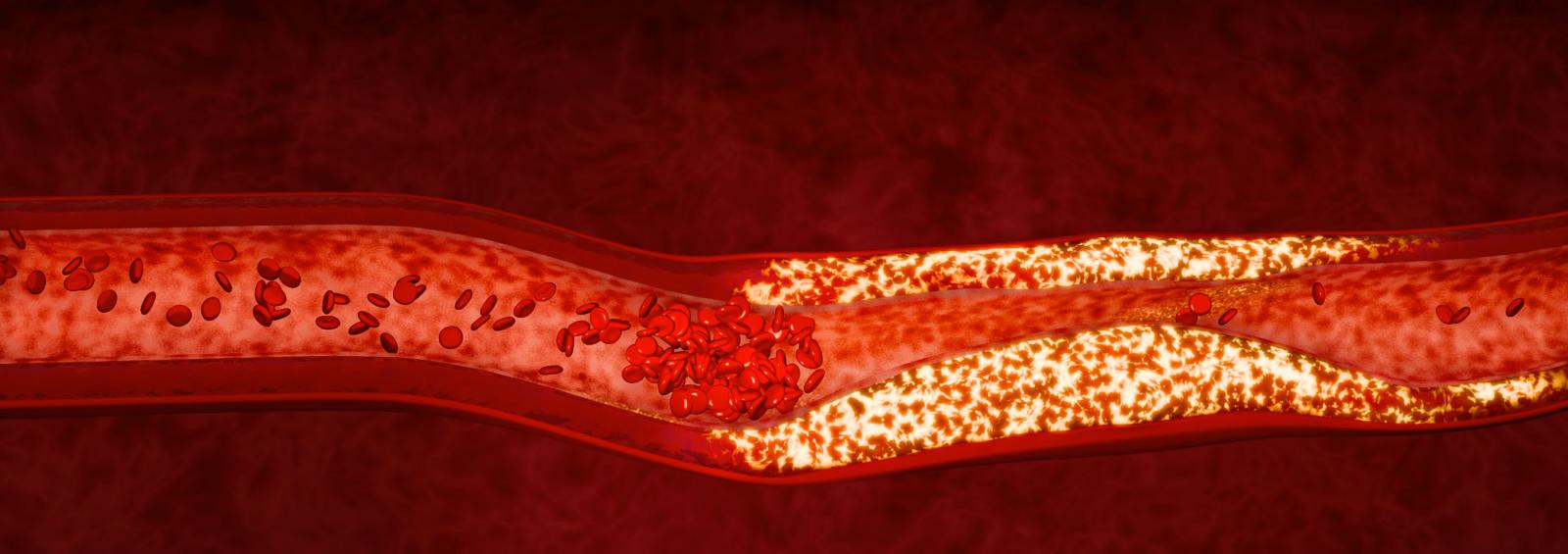Barrett Lab
At the Cardiovascular Research Center at NYU Grossman School of Medicine, our team is dedicated to uncovering how platelets - tiny blood cells best known for their role in clotting - also shape inflammation, immunity, and healing. Our ultimate goal is to translate these discoveries into new strategies that prevent heart attacks, strokes, and other complications of cardiovascular disease.
What We Study
Platelets are often thought of as the “first responders” that stop bleeding. But in recent years, they have emerged as powerful regulators of the immune system. Our lab investigates:
- Platelet–immune cell interactions: how platelets communicate with white blood cells during clotting and inflammation.
- Novel platelet regulators: genes and proteins that control platelet activation and may serve as new drug targets.
- Precision medicine approaches: using cutting-edge RNA sequencing, proteomics, and computational tools to define why some patients remain at high risk for cardiovascular events even with current therapies.
- Thromboinflammation in disease: how platelets contribute not only to heart disease but also to stroke, cancer, and other conditions where blood clots and inflammation intersect.
How We Work
Our research spans bench to bedside:
- In the lab, we use state-of-the-art models, single-cell sequencing, and proteomics to map platelet biology in unprecedented detail.
- In the clinic, we collaborate with physicians and patient volunteers to study blood samples, ensuring our findings are directly relevant to human health.
- Across both, we emphasize collaboration, mentorship, and training the next generation of scientists.
Why It Matters
Cardiovascular disease is the leading cause of death worldwide, yet current therapies remain limited. By identifying platelet-driven pathways that link clotting and inflammation, we aim to develop safer, more precise treatments - ones that reduce clotting risk without increasing bleeding, and that improve outcomes for patients with heart disease, stroke, and beyond.
Contact Us
Tessa J. Barrett, PhD
Principal Investigator
Assistant Professor, Departments of Medicine and Pathology
NYU Langone Health Science Building
435 East 30th Street, 6th Floor
New York, NY 10016
Office Phone: 646-501-0466
Lab Phone: 212-263-8204
Email: Tessa.Barrett@NYULangone.org
